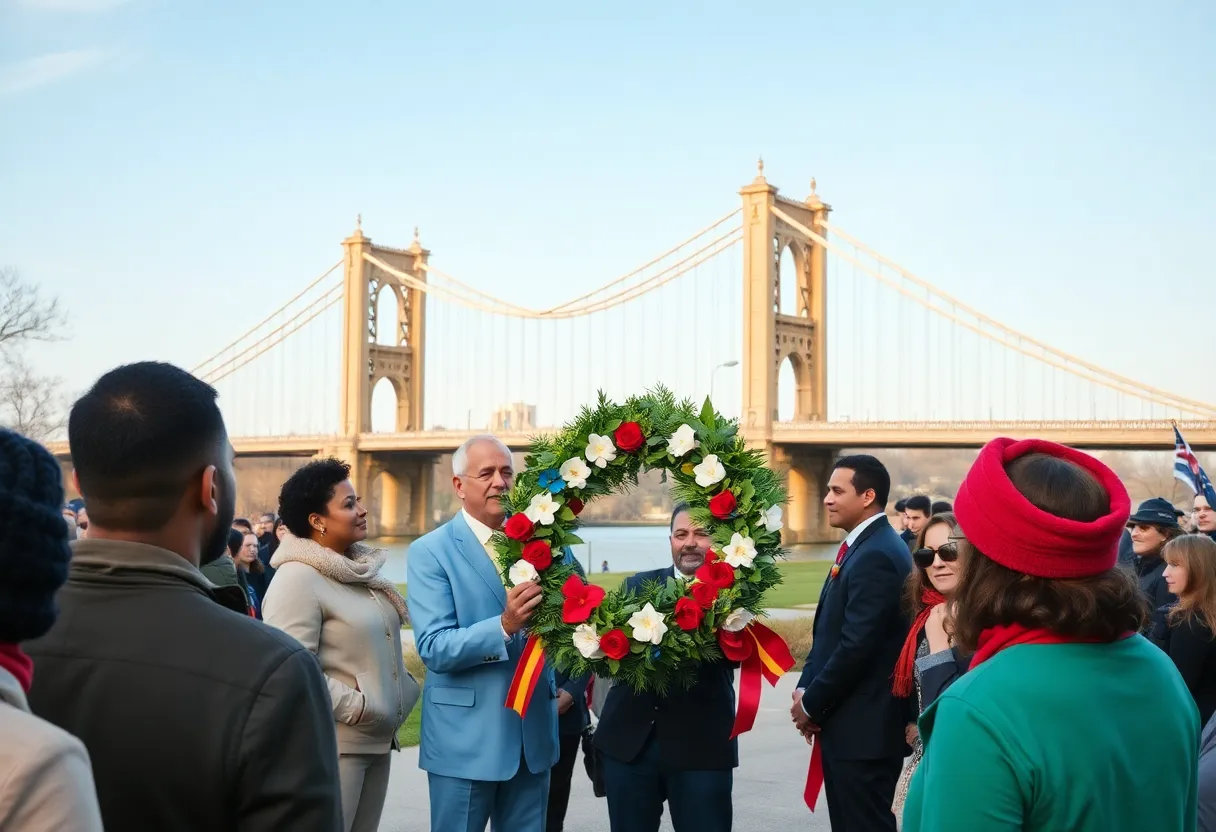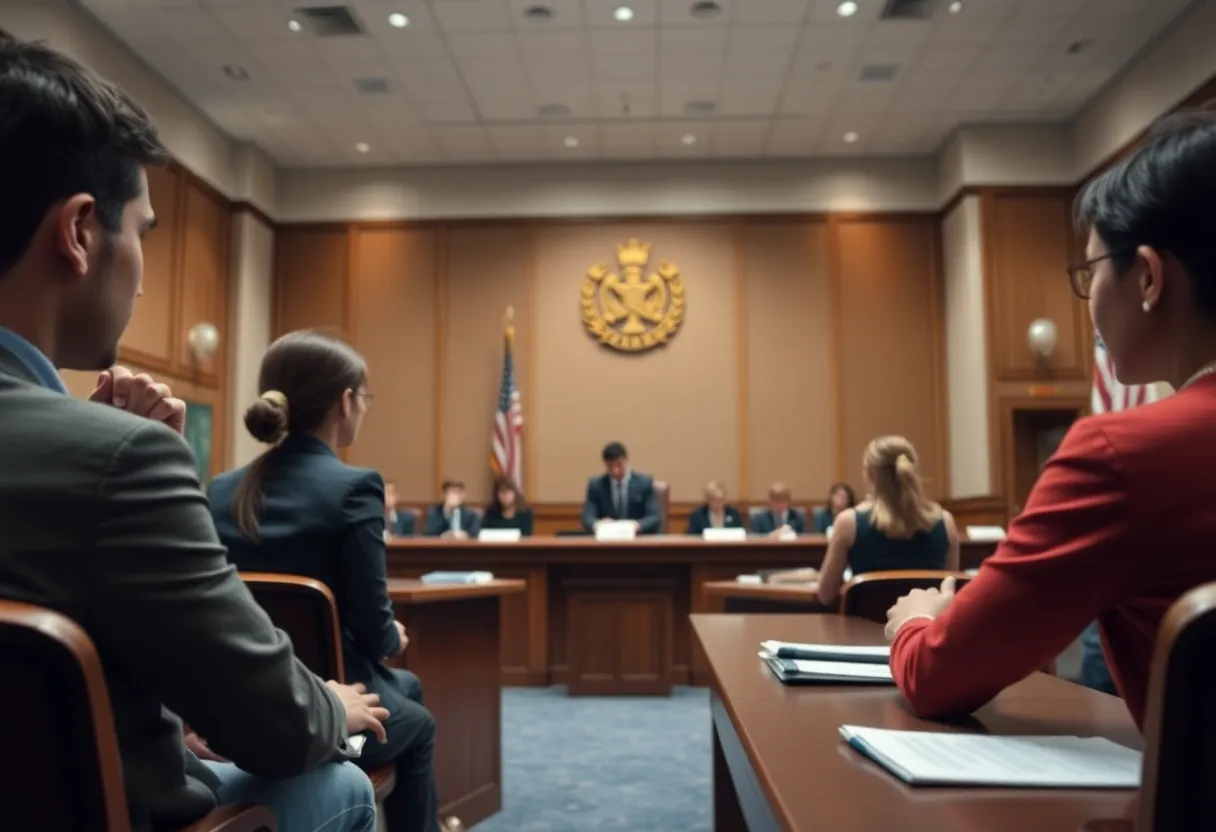News Summary
A group from Atlanta is honoring the 60th anniversary of Bloody Sunday by retracing the steps of civil rights activists who marched from Selma to Montgomery. This journey reflects on the fight for voting rights and aims to educate future generations about the historical significance of these events. Participants, including educators and students, will lay wreaths at important monuments to pay tribute to those who fought for equality and justice.
Atlanta Women Honor 60th Anniversary of Bloody Sunday with a Commemorative Journey to Selma
In Atlanta, a group of dedicated individuals is taking the opportunity to reflect on a pivotal moment in American history as they commemorate the 60th anniversary of Bloody Sunday. This significant date, March 7, 1965, marks the day when approximately 600 civil rights activists, led by prominent figures, marched from Selma to Montgomery, Alabama, standing firm in the fight for voting rights.
The March and Its Impact
The march gained notoriety when participants encountered brutal force at the Edmund Pettus Bridge. Alabama State Troopers unleashed violence on demonstrators, leaving many injured and the nation outraged. This shocking display of brutality was pivotal in galvanizing support for the Voting Rights Act of 1965, which sought to eliminate barriers preventing African Americans from exercising their right to vote.
Path to Selma
Leslie Schaffer, a dedicated educator, underscores the value of engaging with historical sites firsthand. Deidre Brown, a member of an influential civil rights organization, is also partaking in the journey, leading a group of Atlanta college students back to Selma to retrace the marchers’ steps. This reflective pilgrimage offers a chance to lay a commemorative wreath at various monuments, honoring the lives lost in the continuous struggle for civil rights.
Driving Education and Understanding
In efforts to keep the lessons of history alive, a cohort of teachers is traveling to Selma to develop educational resources. This initiative emphasizes the notion that remembering the past is crucial in preventing similar injustices from recurring. Participants believe that their actions are a steadfast commitment to acknowledging the civil rights movement and safeguarding its lessons for future generations.
Collective Strength and Celebrated Leaders
As the commemorations unfold, voices from all walks of life join in unity to recognize the importance of remembering history. One notable presence is Georgia Senator Raphael Warnock, highlighting that Selma continues to symbolize the ongoing battle for voting rights. The march on Bloody Sunday is a testament to resilience, as protestors were met with severe violence, with individuals sustaining serious injuries, including a significant injury to one of the key leaders.
The Legacy of Bloody Sunday
In the wake of the violence, national support surged for the Voting Rights Act, which was signed into law just five months following the march. The sacrifices made by those that day are seen as a worthy contribution to securing the right to vote, a fundamental aspect of democracy that still resonates strongly today. The annual commemorations in Selma attract many participants, a reminder of the relentless fight for civil rights.
A Symbol of Hope
Despite its controversial namesake, the Edmund Pettus Bridge stands tall as a symbol of the civil rights movement, inviting countless individuals each year to honor and celebrate progress while recognizing the work that remains. The ongoing journey to Selma continues to inspire new generations, serving as a crucial reminder of the past and the importance of advocating for equity and justice for all.
Deeper Dive: News & Info About This Topic
HERE Resources
March Events in Atlanta: Festivals and Unique Experiences
Additional Resources
- WSB TV: Bloody Sunday 60 Years Later
- History: Selma and Bloody Sunday
- 11 Alive: 60 Years Since Bloody Sunday
- Atlanta News First: Remembering Bloody Sunday
- Google Search: Bloody Sunday Civil Rights Movement







